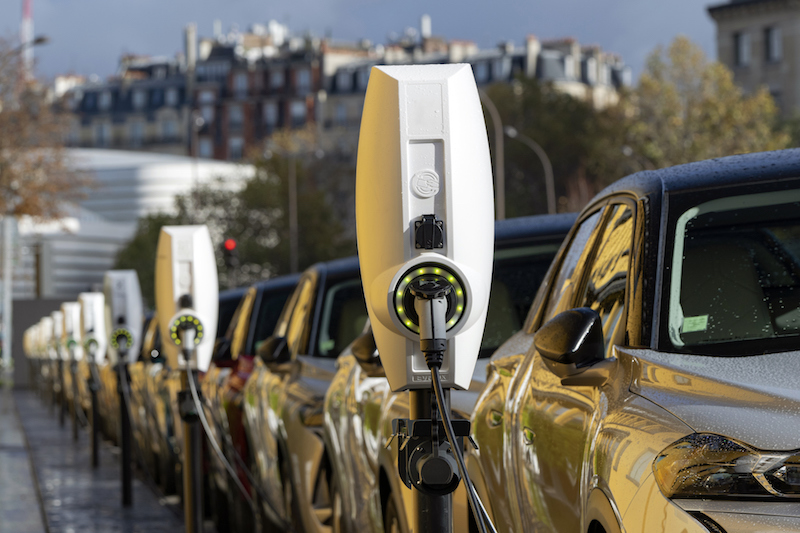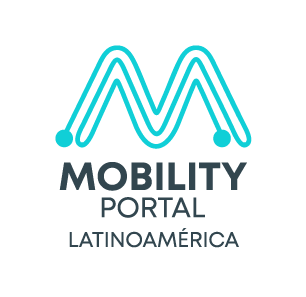In a context marked by the effects of the pandemic, the conflict in Ukraine and Russia, and running against the clock in the wake of the decarbonization targets imposed by the European Union, Spain has taken key steps between January and April 2022.
Although the electromobility gap with European countries is still lagging behind at local level, the central administration is focused on reducing these distances.
Thus, from Portal Movilidad España, a review of the main announcements that have affected and will affect the sector is made.
Royal Decree 184/2022
On March 8, the Ministry of Ecological Transition and Demographic Challenge (MITECO) launched the Royal Decree that establishes the functions of the actors involved in recharging infrastructures.
The new regulation came with the intention of limiting the role of the agents, creating two legal figures known until now, but not legally established.
On the one hand, the Charging Point Operator (CPO), holder of the operating rights of the charging stations and responsible for their physical operation, is grouped together.
The second figure is the Electric Mobility Service Provider (EMSP).
This is an intermediary between operators and users of electric vehicles, which can provide value-added services to these customers.
The issuance of this regulation seeks to boost the path, not only towards 2023, but also towards 2030 to reach 340,000 chargers and five million electric vehicles circulating in the country.
It also seeks to collaborate with the implementation of more chargers of a public nature, also being placed in gas stations.
1 billion for electric buses, ZBE and digitalization
In March, MITMA made official the award of €1 billion from the recovery fund to decarbonize and digitize urban mobility.
Among the beneficiaries of the call are 14 municipalities, in addition to those that were allied in the submission of applications.
In question are a number of initiatives that may be subsidized by means of this twist. In particular, the purchase of electric buses has captured 20% of the total funds allocated to this call.
Thus, it is planned to finance the acquisition, for an amount of 141 million euros, of up to 650 zero-emission city buses and more than 45 electric vehicles for waste collection.
Perte electric and connected vehicle
The activation of the calls for tenders of the Strategic Project for the Recovery and Economic Transformation of the electric and connected vehicle (PERTE VEC), have placed strong expectations on the sector.
Last April 1, the calls for proposals were opened to access the 2,975 million euros that will help launch important projects with the aim of transforming one of the country’s key industries.
The industry has already started to present different projects ranging from the electrification of factories, the construction of a large battery plant or the development of a large part of the electric charging infrastructure.
Perte microchips and semiconductors
Following this line, one of the latest announcements was the launching of a new perte linked to the domestic production of microchips and semiconductors.
Within the framework of the Recovery, Transformation and Resilience Plan, nine of these strategic projects have already been approved, in areas such as electric vehicles, aerospace, water management and digitalization, among others.
All of them are expected to mobilize more than 56 billion euros, of which 19 billion will be public funds.
Particularly no further data has been given in relation to these funds, so the sector is awaiting further developments.
Sustainable mobility law
Last March 1, the Ministry of Transport, Mobility and Urban Agenda (Mitma), headed by Raquel Sanchez, submitted the Draft Bill of the Sustainable Mobility Law to the Council of Ministers for its first reading.
After this first approval, the processing of the articulated text began with the hearing and public information process, which was recently completed.
Currently, appeals have been received from actors from the whole sector, emphasizing the points that need to be further worked on.
Among them, greater support for shared mobility and the integration of smaller cities into sustainability plans have been highlighted.
The urgent need to remove the use of fossil fuels from the national strategy, giving full priority to electromobility or propulsion by means of green hydrogen and other alternatives, was also highlighted.
Additional budget for the Moves III Plan
Catalonia, the Community of Madrid, Castile and Leon and the Balearic Islands are the first to have committed the funds they originally received and received an increase of 125 million euros.
The budget increase, within the framework of the Recovery, Transformation and Resilience Plan (PRTR) that articulates the Next Generation EU funds, has been approved by the Institute for Energy Diversification and Saving (IDAE), a body attached to the MITECO and responsible for the call managed by the autonomous communities.
This additional allocation is a response to the success of the program in its first months, whose calls began to be opened in the autonomous communities, progressively, since last July and which is in force until December 2023.
MOVES fleets
In January, the Ministry for Ecological Transition and the Demographic Challenge (MITECO) opened the call for applications for the Program of aid for light vehicle fleet electrification projects, MOVES Fleets.
The program has an initial amount of 50 million euros and is aimed at the selection and granting of aid to promote the electrification of these fleets in the national territory, with special emphasis on projects with a presence in more than one autonomous community.
All types of companies can apply, regardless of their size, as well as the institutional public sector, as long as the incentive is requested for the acquisition of at least 25 electrified light vehicles (mopeds, motorcycles, quadricycles, cars or vans).
Incentives for electric vehicles in last-mile transportation
This April, the Council of Ministers approved an amendment to the regulations governing land transport that boosts last-mile distribution with electric vehicles.
This legislative innovation simplifies issues related to the certificate of professional competence required to exercise the profession of carrier and in relation to the age of the vehicles dedicated to this activity.
Likewise, it eliminates the penalty for these vehicles due to the overweight of the batteries, which forced them to reduce their payload or be subject to the requirements of larger vehicles.





















